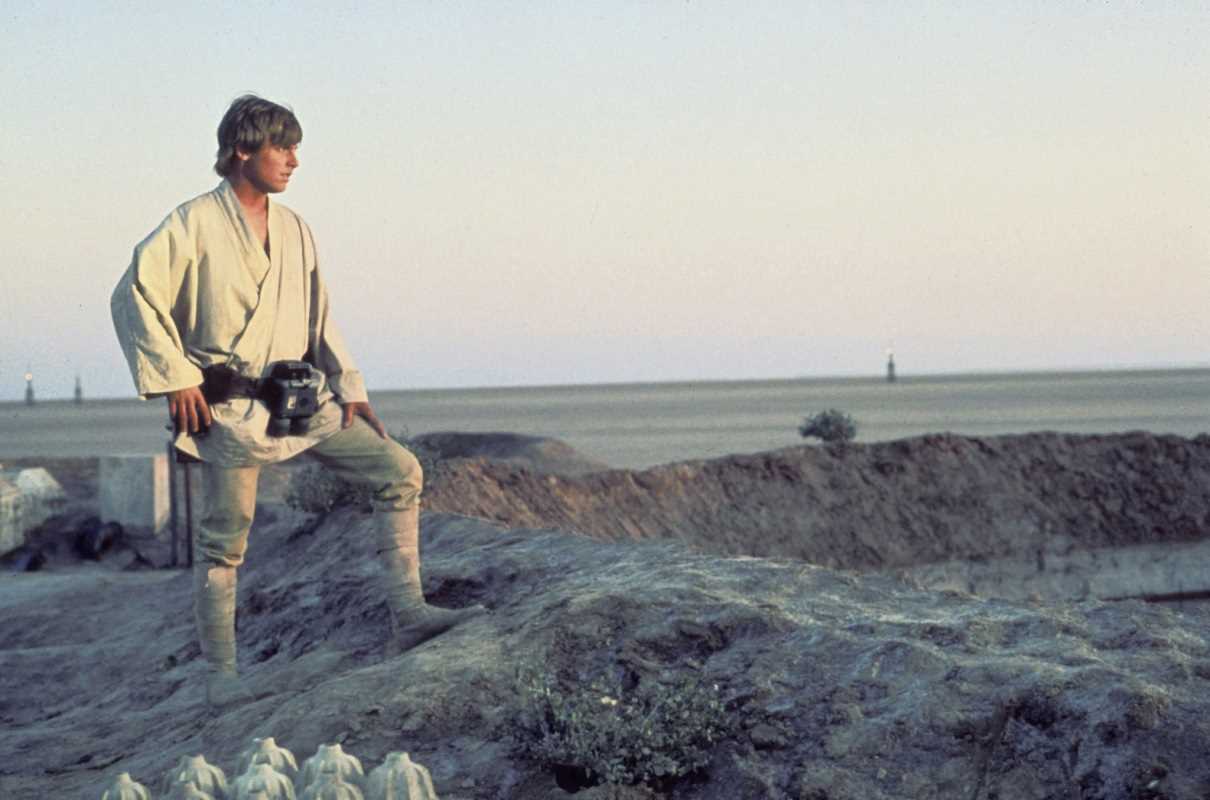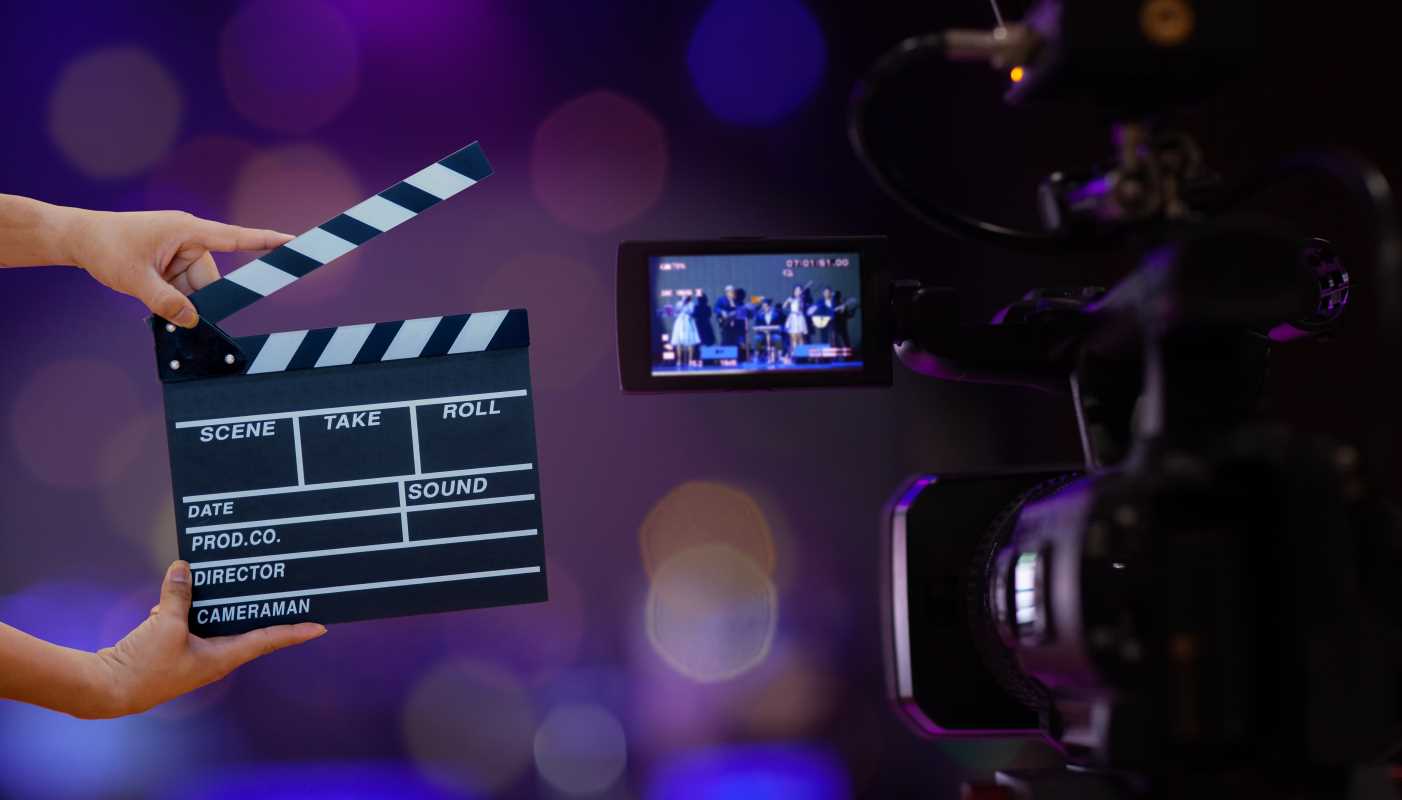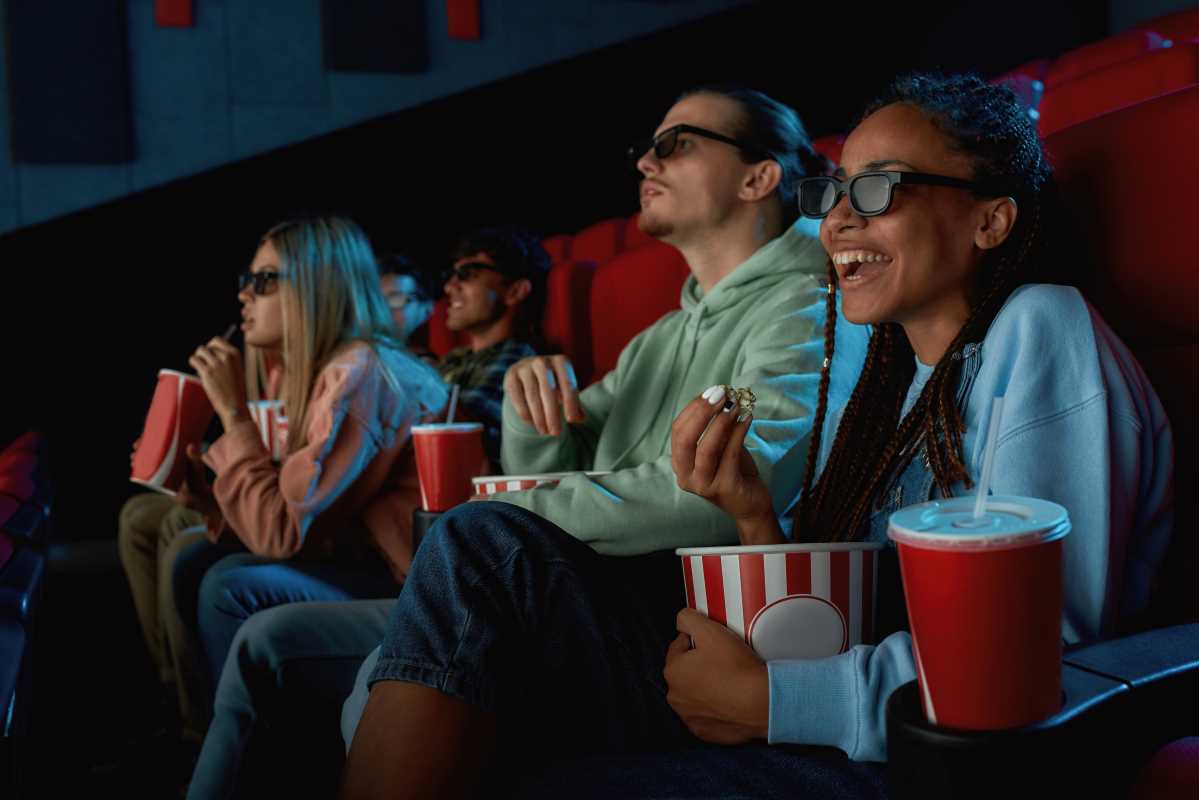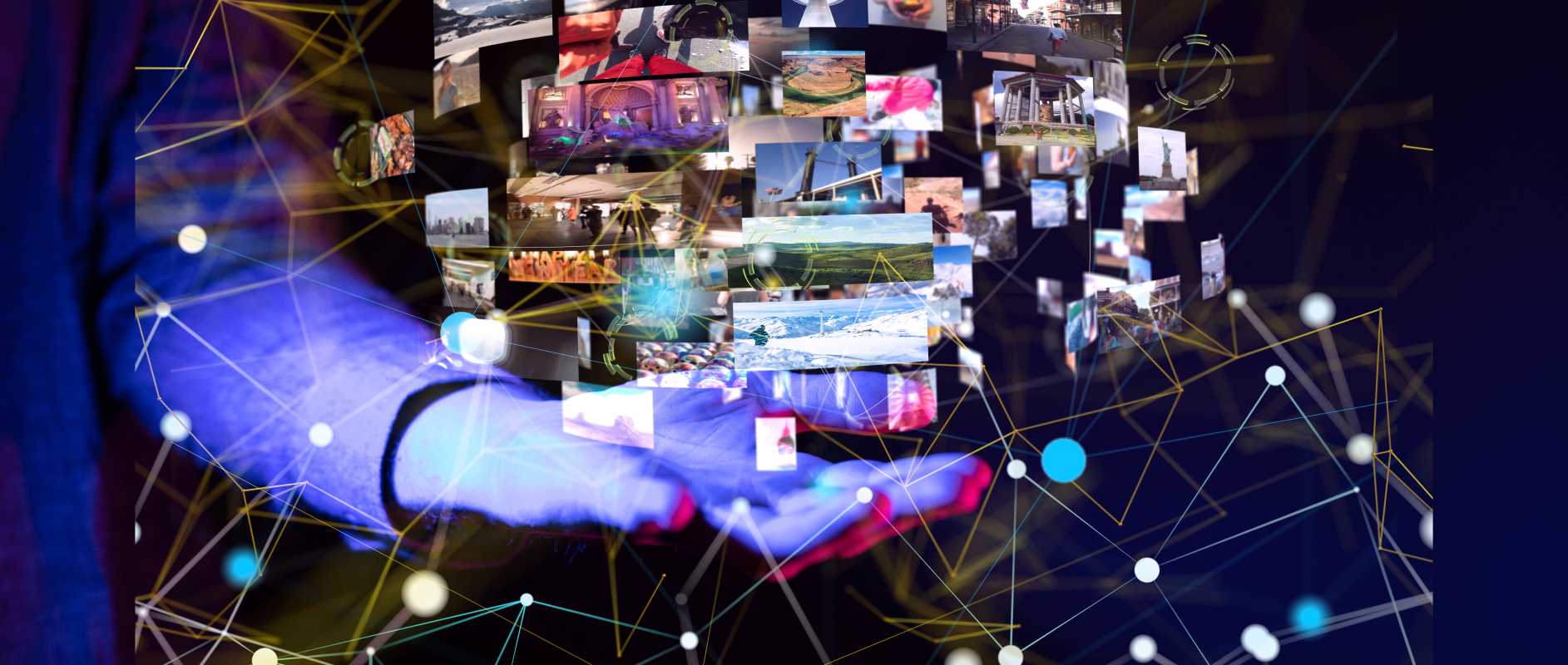Science fiction has always been a lens through which we explore possibilities far beyond the boundaries of reality. The '70s and '80s marked a golden age for the genre, bringing forth a wave of films that pushed technological, narrative, and conceptual limits. These movies didn’t just entertain—they redefined sci-fi and inspired generations of filmmakers to come. Revisiting these classics offers a chance to appreciate their groundbreaking achievements and how they continue to resonate today.
Here’s a look at some of the most iconic sci-fi films from this era and why they are well worth your time.
1. Star Wars (1977)
No discussion of classic sci-fi would be complete without mentioning George Lucas’s "Star Wars" (later rebranded as "Episode IV - A New Hope"). With its epic tale of good versus evil set in a galaxy far, far away, Lucas introduced audiences to unforgettable characters like Luke Skywalker, Princess Leia, and Darth Vader.
Impact on the Genre: Lucas combined mythological storytelling with state-of-the-art special effects, revolutionizing how science fiction was made and consumed. Industrial Light & Magic, founded specifically for the film, pioneered techniques like motion control photography, which were instrumental in creating the movie’s iconic space battles.
Why Watch Again: Beyond the jaw-dropping visuals, "Star Wars" embodies a timeless sense of adventure, camaraderie, and hope that resonates regardless of age. The original trilogy, starting with this film, laid the foundation for one of the most beloved franchises in entertainment history.
2. Blade Runner (1982)
Ridley Scott’s "Blade Runner" wasn’t a box office hit upon release, yet it has since become one of the most influential sci-fi films of all time. It’s a dystopian masterpiece based on Philip K. Dick’s novel, Do Androids Dream of Electric Sheep?, and stars a brooding Harrison Ford as Rick Deckard, a “blade runner” tasked with hunting rogue replicants.
Impact on the Genre: Combining film noir with science fiction, "Blade Runner" introduced audiences to a breathtaking vision of the future—complete with neon-lit cityscapes, flying cars, and morally ambiguous characters. Its exploration of identity, humanity, and artificial intelligence sparked intellectual debates that continue today.
Why Watch Again: The film’s cyberpunk aesthetic is second to none, and its meditations on what it means to be human feel especially relevant in an age of growing AI advancements. Plus, Rutger Hauer’s iconic “Tears in Rain” monologue is as heart-wrenching as it is profound.
3. Alien (1979)
Ridley Scott makes another appearance with "Alien", a sci-fi horror masterpiece that redefined both genres. Starring Sigourney Weaver as Ellen Ripley, the film follows a crew aboard the spaceship Nostromo who find themselves hunted by a terrifying extraterrestrial being.
Impact on the Genre: "Alien" set a benchmark for suspense in science fiction. H.R. Giger’s design of the xenomorph and the eerie, biomechanical sets created an atmosphere of dread that few films have matched. It also introduced Ripley, one of the first true female action heroes in cinema history.
Why Watch Again: The film’s slow-building tension and eerie aesthetics remain utterly compelling, and Weaver’s portrayal of Ripley is a masterclass in resilience and resourcefulness. It’s a perfect reminder that great sci-fi thrives on strong characters and atmosphere as much as cutting-edge visuals.
4. The Terminator (1984)
James Cameron’s "The Terminator" launched a franchise and cemented Arnold Schwarzenegger as a pop culture icon. The story centers on Sarah Connor (Linda Hamilton), who is targeted by a relentless cyborg assassin sent from the future.
Impact on the Genre: With a modest budget, Cameron delivered an action-packed thriller with groundbreaking effects, like the stop-motion animation used for the endoskeleton Terminator. The film also explored darker themes of fate, free will, and humanity’s fraught relationship with technology.
Why Watch Again: Its mix of pulse-pounding action, intelligent storytelling, and iconic one-liners like “I’ll be back” means "The Terminator" has lost none of its edge. It’s pure cinematic craftsmanship, with a story that remains as compelling as it was almost 40 years ago.
5. Close Encounters of the Third Kind (1977)
Steven Spielberg’s "Close Encounters of the Third Kind" explores the mysterious and awe-inspiring prospect of extraterrestrial contact. Richard Dreyfuss stars as Roy, a man whose life is forever changed after encountering a UFO.
Impact on the Genre: Spielberg shifted the focus of sci-fi away from the dystopian and cynical to something more hopeful and inquisitive. The awe-inspiring finale, where humans communicate with aliens through music, remains one of cinema’s most memorable sequences.
Why Watch Again: From John Williams’s evocative score to the dazzling effects, it’s a cinematic experience that emphasizes wonder and curiosity. Its theme of connection transcends its era.
6. E.T. the Extra-Terrestrial (1982)
Another Spielberg classic, "E.T. the Extra-Terrestrial" is much more intimate but no less influential. It tells the heartwarming story of Elliot and his unlikely friendship with a stranded alien trying to return home.
Impact on the Genre: Few sci-fi films have managed to blend emotional storytelling with fantastical elements as seamlessly as "E.T.". Its universal themes of friendship, family, and empathy struck a chord worldwide, making it one of the highest-grossing films of all time.
Why Watch Again: "E.T." is a beautiful reminder of Spielberg’s ability to find humanity in the extraordinary. Its heartfelt narrative and iconic imagery (“E.T. phone home!”) remain as moving as ever.
7. The Thing (1982)
John Carpenter’s "The Thing" is a chilling tale of paranoia and survival, set at a remote Antarctic research station. The film follows a group of scientists as they battle a shape-shifting alien that can perfectly mimic any living being.
Impact on the Genre: "The Thing" is a masterclass in practical effects, with Rob Bottin’s creature design being both grotesque and utterly mesmerizing. It explores the darker side of human nature, examining how fear and distrust can tear people apart as effectively as any external threat.
Why Watch Again: The intense atmosphere and brilliant practical effects hold up remarkably well. It’s a reminder of how effective a well-executed sci-fi horror can be in creating lasting dread.
8. Mad Max (1979)
Before post-apocalyptic settings became a staple of the genre, George Miller’s "Mad Max" took audiences on a thrilling ride through a dystopian world. Mel Gibson stars as a leather-clad antihero struggling to survive after societal collapse.
Impact on the Genre: "Mad Max" was revolutionary for its raw energy and practical stunts, executed on a shoestring budget. Its grim but fascinating vision influenced countless future dystopian sci-fi works.
Why Watch Again: Beyond its high-octane action, the film offers a gritty and immersive depiction of a world on the edge. Its themes of survival and justice still resonate strongly.
The Enduring Legacy of '70s and '80s Sci-Fi
What makes these movies timeless isn’t just their groundbreaking visuals or thrilling plots—it’s their exploration of universal themes. Whether tackling questions about humanity, the ethics of technology, or the mystery of the universe, these films have left an indelible mark on the cultural landscape.
Modern sci-fi owes a great deal to the trail these classics blazed. From how we approach visual effects to the art of creating immersive, thought-provoking narratives, their influence is undeniable. Revisiting them not only offers a nostalgic trip to a simpler cinematic time but provides fresh insights into how they shaped (and continue to shape) the entertainment we enjoy today.
Dust off that VHS player (or load up your favorite streaming platform) and rediscover these masterpieces—because in the vast universe of science fiction, these classics are truly out of this world.
 (Image via
(Image via





